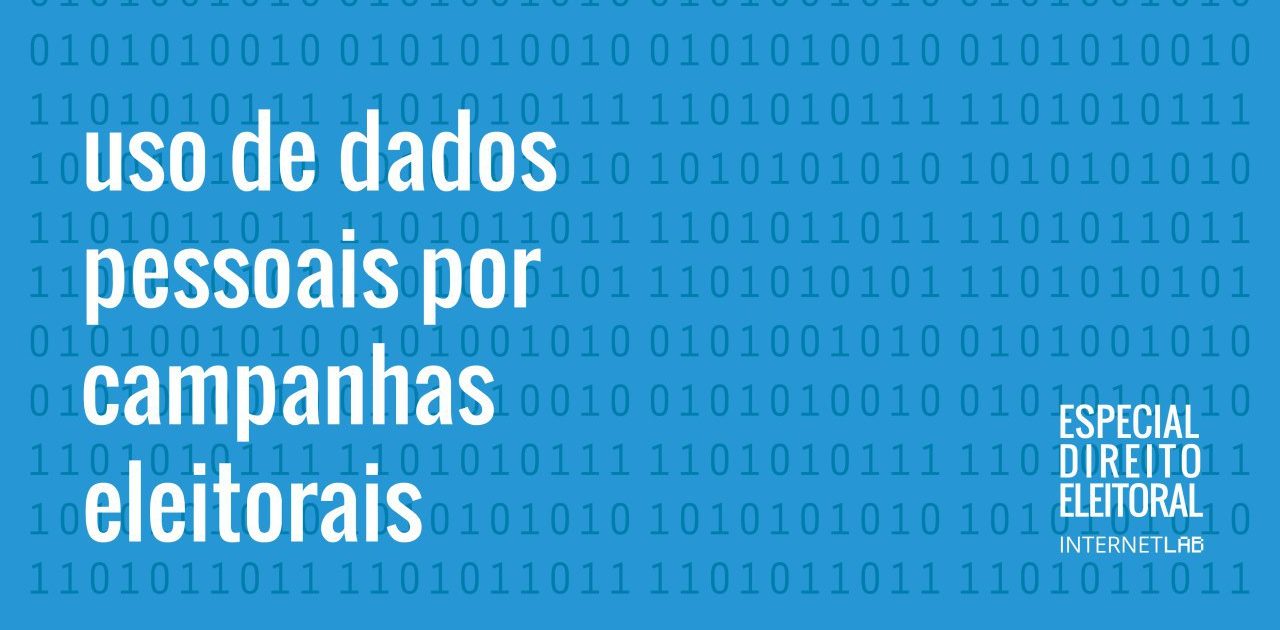
[#2] [special] the use of personal data by electoral campaigns

The increase in the production and collection of data on the internet has also expanded the capacity of making assumptions about people: from certain conclusions taken about someone, it is possible, for example, to direct to this individual a publicity that will potentially be of their interest.
This logic is also reflected in the electoral field, with the microdirecting of electoral propaganda. Due to the internet platforms’ boosting marketing tools, it is possible to detail and segment voters, and send political messages with the adequate content to each voter’s profile. On the one hand, this technique may promote an increase in the political participation, leading political content to those who would not be actively engaged, and a decrease in the costs of electoral marketing. On the other, it may stimulate harmful practices to the voters’ privacy, grant an excessive power to the internet platforms, who own the user data, and perpetuate the asymmetries between candidacies, giving a smaller audience reach to the content of politicians with fewer resources.
See the comments of Jacqueline de Souza Abreu [in Portuguese], lawyer, doctorate at the University of São Paulo Faculty of Law (in course) and co-author of the book “Electoral Rights in the Digital Era”:
These and other discussions involving disinformation processes and the use of robots in political-electoral debates are systematized and discussed in-depth in the work “Electoral Rights in the Digital Era”, a result of the meetings of a workgroup involving InternetLab researchers, an independent research center on Law and technology, and Brazilian electoral lawyers. The book will be released soon, but it is already available for pre-order here [in Portuguese].
Team responsible for the content: Maria Luciano (maria.luciano@internetlab.org.br), Thiago Dias Oliva (thiago.oliva@internetlab.org.br) and Francisco Brito Cruz (francisco@internetlab.org.br).
Translation: Ana Luiza Araujo